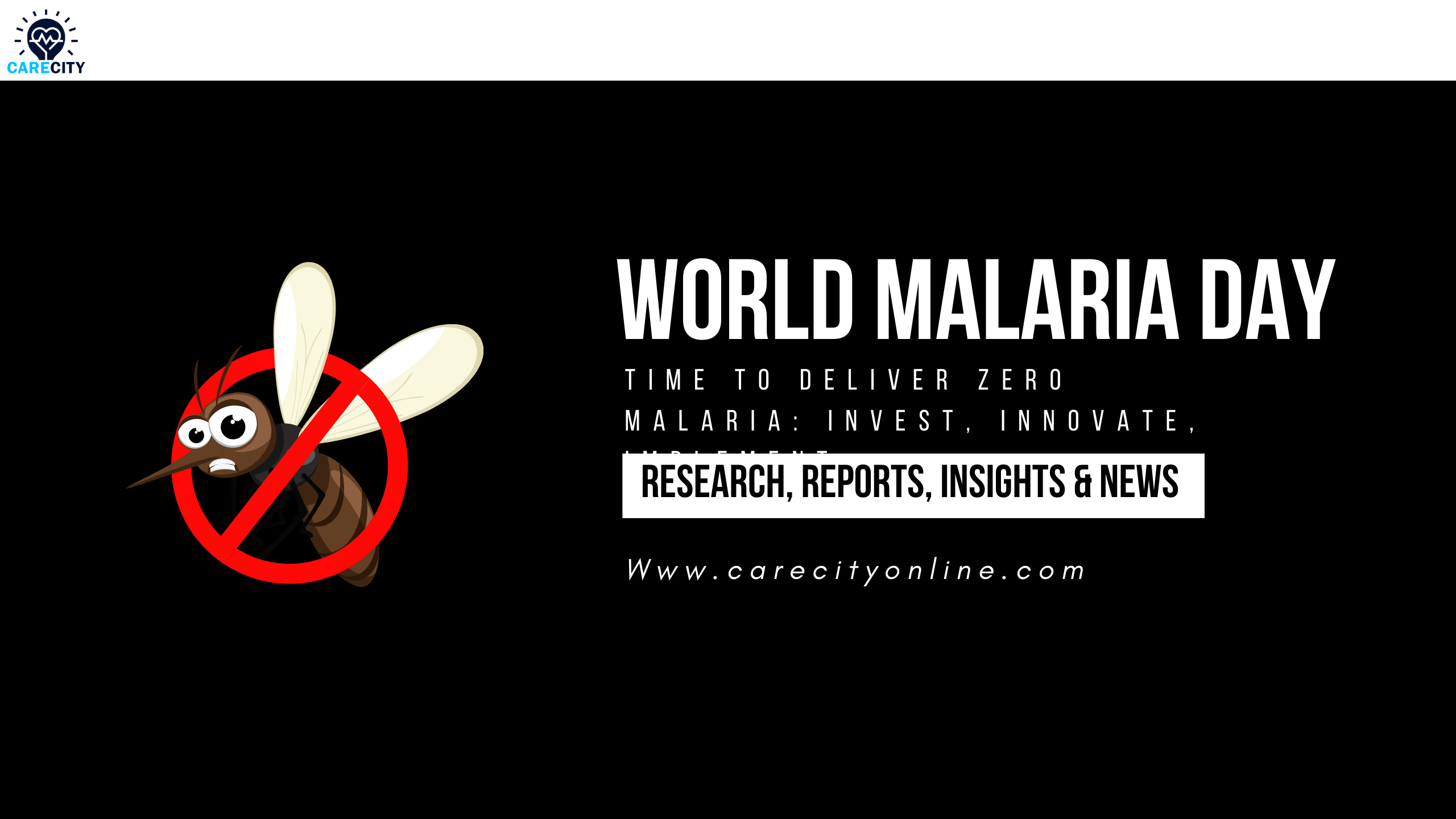A few days back was World Malaria Day, set aside to; celebrate our advancements in the global fight against one of humanity’s most deadly parasites and spread awareness about its prevention and management.
“95% of all malaria cases are in WHO African region.”
The most recent scientific breakthrough in malaria research is the development of a malaria vaccine for children [RTS, S], which has been proven safe and effective against P. falciparum [the most deadly malaria parasite globally and the most prevalent in Africa.]
“According to the World Health Organization (WHO), nearly half of the world’s population is at risk of malaria, and in 2020, there were an estimated 229 million cases and 409,000 deaths worldwide. In sub-Saharan Africa, more than 260,000 children under the age of five die of malaria every year.”
This article compiles the most recent research, reports, insights and news about malaria.
“Some people are more susceptible to developing severe malaria than others. Infants and children under 5 years of age, pregnant women and patients with HIV/AIDS are at particular risk. Other vulnerable groups include people entering areas with intense malaria transmission who have not acquired partial immunity from long exposure to the disease, or who are not taking chemopreventive therapies, such as migrants, mobile populations and travellers.”
Recent Research
- Hand-powered ultralow-cost paper centrifuge
- In vitro production of infectious Plasmodium falciparum sporozoites
- Modelling to inform next-generation medical interventions for malaria prevention and treatment
- Exploring alternative insecticide delivery options in a “lethal house lure” for malaria vector control
News
WHO Certifies Azerbaijan and Tajikistan as Malaria-free
Resistant Mosquito Threatens Africa’s Fight Against Malaria
Resources
World Malaria Report
WHO Guidelines for Malaria
Countries and Territories Certified Malaria-free by WHO
Artemisinin Partial Resistance
Malaria Facts
- According to the latest World Malaria report, there were 247 million malaria cases in 2021 compared to 245 million cases in 2020. The estimated number of malaria deaths stood at 619 000 in 2021 compared to 625 000 in 2020.
- Malaria can be diagnosed using tests that determine the presence of the parasites causing the disease. There are 2 main types of tests: microscopic examination of blood smears and rapid diagnostic tests.
- The WHO African Region carries a disproportionately high share of the global malaria burden. In 2021, the Region was home to 95% of malaria cases and 96% of malaria deaths. Children under 5 accounted for about 80% of all malaria deaths in the Region.
- There are 5 Plasmodium parasite species that cause malaria in humans, and 2 of these species – P. falciparum and P. vivax – pose the greatest threat. P. falciparum is the deadliest malaria parasite and the most prevalent on the African continent. P. vivax is the dominant malaria parasite in most countries outside of sub-Saharan Africa. The other malaria species which can infect humans are P. malariae, P. ovale and P. knowlesi.
- There are over 400 different species of Anopheles mosquitoes, and around 40, known as vector species, can transmit the disease.”
Source: WHO
Insights & Opinions
Implied Consent: How WHO’s Pilot Introduction of Mosquirix Violated International Ethical Standards
“The WHO used an implied consent strategy rather than conventional Good Clinical Practice standards of informed consent for the 720,000 children between 5 and 17 months of age who were to receive four doses of the Mosquirix vaccine on the pilot study. Implied consent means that parents are informed of the vaccination program through social mobilization and communication and that their presence at the vaccination session with their child implies their consent. Informed consent means that parents are given detailed information about the study and its potential risks and benefits and that they sign a document indicating their voluntary agreement to participate. To date, millions of doses have been administered in Malawi, Kenya and Ghana, reaching more than 1.5 million children…”
New Mosquito Species Reported In Florida
“Another new mosquito species has made its way across the tropics into Florida, making a permanent home in at least three counties. Scientists are concerned because of the rate of new mosquitoes arriving in Florida and the potential for them to transmit mosquito-borne diseases.”
Researchers Map Mosquito Cells That May Help The Insects Choose Tastiest Humans
“In a bid to understand why mosquitoes may be more attracted to one human than another, researchers say they have mapped specialized receptors on the insects’ nerve cells that are able to fine-tune their ability to detect particularly ‘welcoming’ odors in human skin.”





